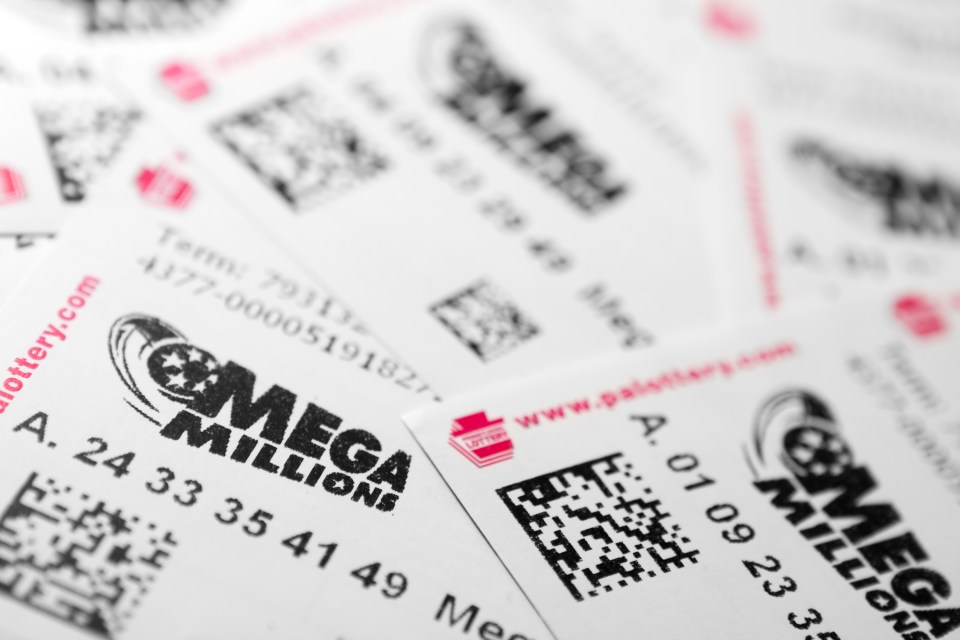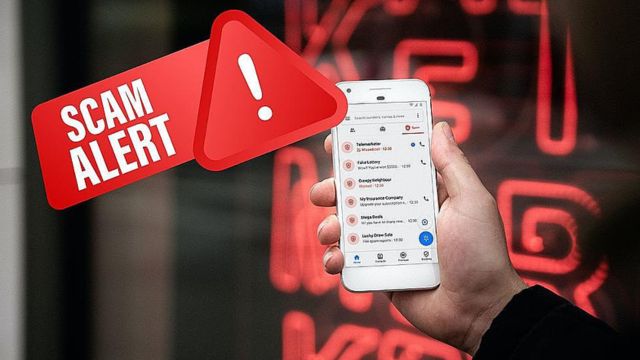New York area codes are where most scam calls come from
In the digital age where our phones are an extension of our lives, many of us have grown wary of answering calls from unfamiliar numbers. The common wisdom is to ignore calls from numbers we don’t recognize, especially in an era teeming with scam attempts.
However, this becomes a dilemma when the call seems to be coming from within our own locality, tricking us into thinking it might be from a local business or an acquaintance using a different phone.
This is particularly problematic for residents of New York, where scammers have smartly exploited local area codes to perpetrate their deceitful acts. According to a report by GoBankingRates, a notable pattern has emerged showing that certain New York area codes are particularly favored by scammers.
This manipulation leverages our tendency to trust local numbers, thereby increasing the likelihood of engaging with these fraudulent calls.
The report highlights three specific New York area codes that have become hotspots for such nefarious activities:
- Area Code 332: Predominantly covering New York City, this area code has seen a significant uptick in scam calls.
- Area Code 347: Another area code assigned to New York City, frequently misused by scammers.
- Area Code 646: This code is mainly associated with Manhattan and is another victim of high scam call rates.
If an unknown number from these area codes reaches your phone, there’s a high chance it could be a scam attempt. Staying vigilant and aware of the common scams originating from these area codes can help prevent potential harm.
Among the prevalent phone scams, three stand out:
- One-Ring Phone Scams: These scam calls are designed to ring only once, prompting you to call back out of curiosity or concern. The voicemail left may appear to come from a credible source, urging you to return the call. Upon doing so, the scammer may attempt to extract personal information under false pretenses.
- Traffic-Pumping Calls: These calls might not cost you initially, but they contribute to increased phone rates over time. Scammers generate a high volume of calls to inflate charges by the carriers, indirectly affecting your phone bills.
- Package Delivery Scams: In this scenario, scammers inform you of a supposedly stuck package, claiming it requires your personal information to ensure its delivery. This tactic is designed to extract sensitive information under the guise of resolving a delivery issue.
The best countermeasure against these scams is to exercise caution and let unknown numbers go to voicemail. If the call was legitimate and from someone you know, they will likely leave a message, and you can return the call at your discretion.
For those calls that do not leave a message, or if you suspect a scam, it’s best to ignore them entirely. By staying informed and cautious, you can help protect yourself from the rising tide of scam calls, especially those masquerading as local New York numbers.










